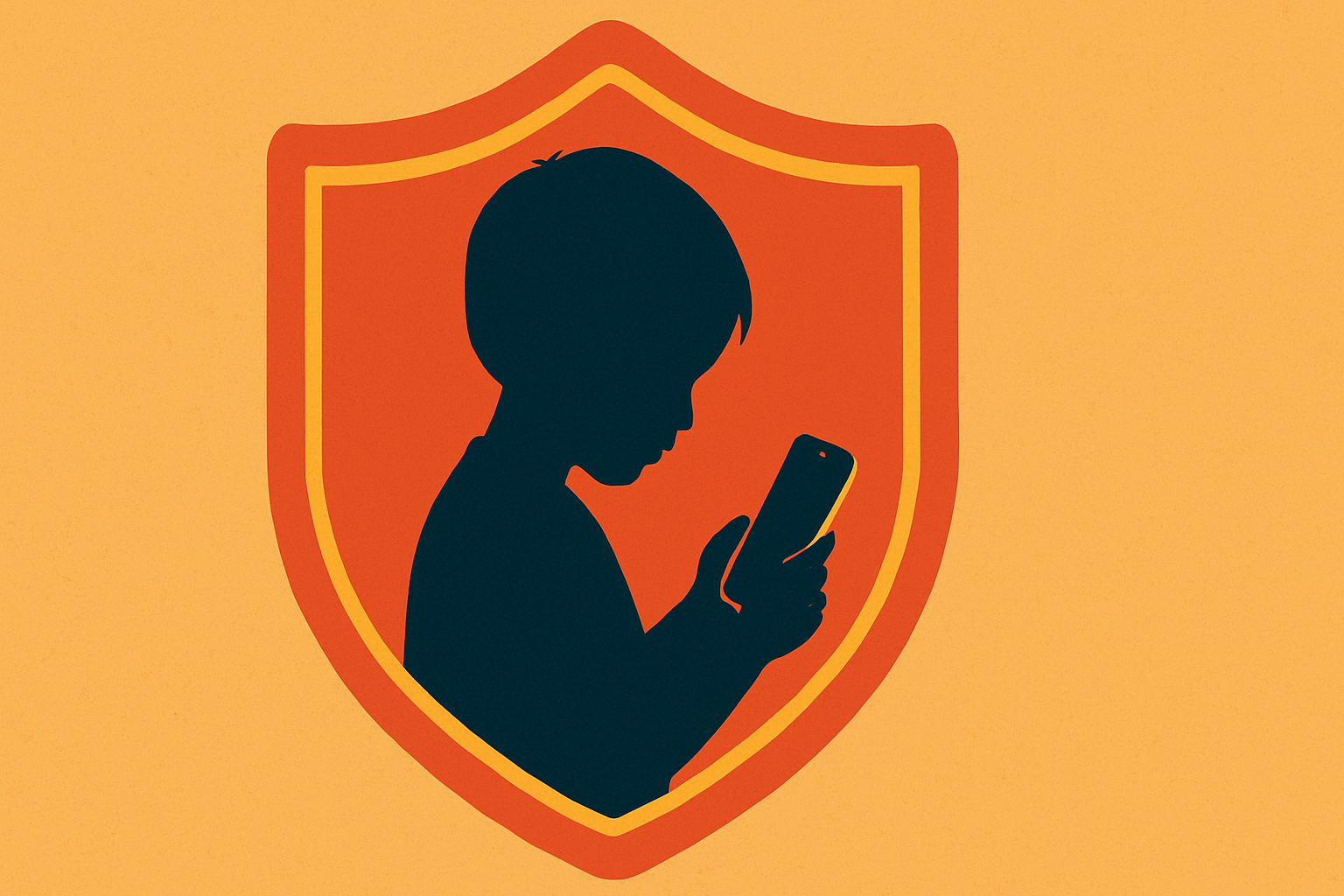The UK’s safeguarding minister has called on smartphone manufacturers and operating system developers to take greater responsibility for protecting children online, particularly from harmful and pornographic material.
Jess Phillips, the minister for safeguarding, said it was “absolutely imperative” that companies embed stronger child protection technologies into their devices, alongside existing parental controls. She stressed that tech firms should devote as much effort to safeguarding as they do to developing “addictive algorithms.”
Online Safety Act and Age Verification
Her comments come as the government enforces the Online Safety Act, passed in 2023, which requires age verification for websites hosting pornographic content. Ofcom began implementing parts of the law last month, sparking renewed debate over online child safety.
Phillips noted it was still “early days” for the new regulations but argued they were already making a difference. “Do I think age verification has stopped a 10-year-old being able to look at pornography? Yes, I do,” she said.
A report by the UK Children’s Commissioner, published before the new rules came into force, found that children encounter pornography online for the first time at an average age of 13, often by accident on social media.
Role of Device Manufacturers
Phillips underlined that device makers must be “part of the solution,” especially given the role of smartphones in producing self-generated child sexual abuse imagery. According to the Internet Watch Foundation, most of this material comes from children being coerced or tricked into using their device cameras.
She highlighted the launch of the HMD Fuse, a new child-focused handset by HMD Global, which uses UK-based SafeToNet’s “HarmBlock” software to automatically detect and block pornography on-screen and within the device’s camera functions.
Current Industry Efforts
Apple and Google already provide parental control features. Apple’s “Communication Safety” tool detects nudity in images and videos shared through Messages, and will soon extend to FaceTime. A new software update will also let parents share a child’s age range with apps, enhancing age-appropriate restrictions. Google has expanded its Android “Family System,” allowing parents to restrict calls and texts to approved contacts.
Despite these tools, Phillips said many parents remain uneasy about what their children might access online. She warned that handset and software companies would be “foolish not to do more now,” whether through regulation or market demand.
Circumventing Controls
Since age verification requirements were introduced, the UK has seen a sharp rise in the use of virtual private networks (VPNs), allowing users to disguise their location and bypass restrictions. Phillips acknowledged this challenge: “If there are very easy means of getting around [the rules], then obviously government has to look at that.”








